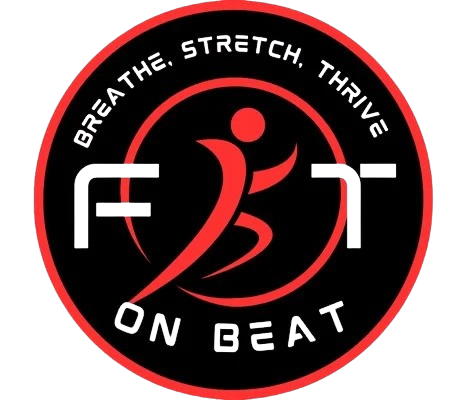Fat Loss: Sculpting a Stronger, Healthier Body
Fat loss is a key goal for many people seeking to improve their health, enhance their appearance, and boost overall well-being. Unlike general weight loss, which can include water weight and even muscle mass, fat loss focuses specifically on reducing body fat while maintaining or building lean muscle. This approach not only helps you look more toned but also improves your metabolic health, energy levels, and physical performance. With the right combination of nutrition, exercise, and mindset, fat loss is an achievable and empowering goal.
Physical Benefits
Losing excess body fat has significant benefits for physical health. It reduces the risk of chronic diseases such as heart disease, diabetes, and high blood pressure, and it lowers inflammation throughout the body. As fat levels drop, muscle definition becomes more visible, leading to a leaner, more sculpted physique. Fat loss also improves posture, balance, and overall body composition. Many people experience increased energy, better sleep, and enhanced physical endurance as their body becomes lighter and more efficient.
Mental and Emotional Benefits
Fat loss can positively impact your mental and emotional state. Seeing physical progress can improve confidence and self-image, while adopting healthy habits encourages a greater sense of control and self-discipline. The process requires commitment and consistency, which builds mental resilience and a strong sense of purpose. Exercise, a crucial part of fat loss, helps reduce stress and anxiety through the release of endorphins—natural chemicals that elevate mood. As your body becomes healthier, your mindset often shifts to be more positive, focused, and motivated.
Nutrition for Fat Loss
Nutrition is the cornerstone of effective fat loss. To reduce body fat, you need to create a calorie deficit—burning more calories than you consume—but this must be done in a healthy, sustainable way. Whole, unprocessed foods like lean proteins, complex carbohydrates, vegetables, fruits, and healthy fats should make up the bulk of your meals. Protein is especially important, as it helps preserve muscle mass and keeps you feeling full. Reducing sugar, refined carbs, and processed foods can also support hormonal balance and appetite control. Hydration plays a key role, too, supporting metabolism and energy levels.
Exercise and Fat Burning
The most effective fat loss programs include a combination of strength training, cardio, and high-intensity interval training (HIIT). Strength training builds muscle, which increases your resting metabolic rate—meaning you burn more calories even at rest. Cardio exercises like running, cycling, or swimming help increase your daily calorie burn, while HIIT offers a time-efficient way to spike metabolism and burn fat both during and after your workout. A balanced routine keeps your body challenged and prevents plateaus.
Motivation and Long-Term Success
Staying motivated during a fat loss journey requires a mix of discipline, patience, and positive reinforcement. Instead of obsessing over the scale, track progress through body measurements, clothing fit, energy levels, or photos. Set realistic goals and break them into smaller milestones to celebrate along the way. A strong support system—whether it’s a coach, fitness group, or workout buddy—can provide encouragement and accountability. Most importantly, focus on building habits that you can stick with for life, not just a short-term fix.
Fat Loss for All Levels
Fat loss is for everyone, regardless of age, fitness level, or starting point. It’s important to tailor your approach to your personal needs, preferences, and goals. Beginners may start with light activity and simple nutrition changes, while more advanced individuals might follow a structured training and meal plan. Listening to your body, staying consistent, and making adjustments over time will lead to results. What works for one person may not work for another, so don’t be afraid to experiment and find your ideal path.
Community and Support
Joining a fitness community or having an accountability partner can make the fat loss journey more enjoyable and successful. Sharing tips, workouts, recipes, and encouragement builds a sense of camaraderie and motivation. Group fitness classes, online challenges, or social media communities offer support, celebrate progress, and keep you on track. Surrounding yourself with like-minded individuals can make the process feel less like a chore and more like a shared experience.
Conclusion
Fat loss is a rewarding journey that enhances both your appearance and your overall health. By focusing on smart nutrition, effective training, and sustainable habits, you can achieve a leaner, stronger body while boosting energy, confidence, and vitality. It’s not just about aesthetics—it’s about feeling your best and unlocking your body’s potential. With patience, consistency, and a positive mindset, fat loss becomes a powerful step toward becoming the healthiest version of yourself.

